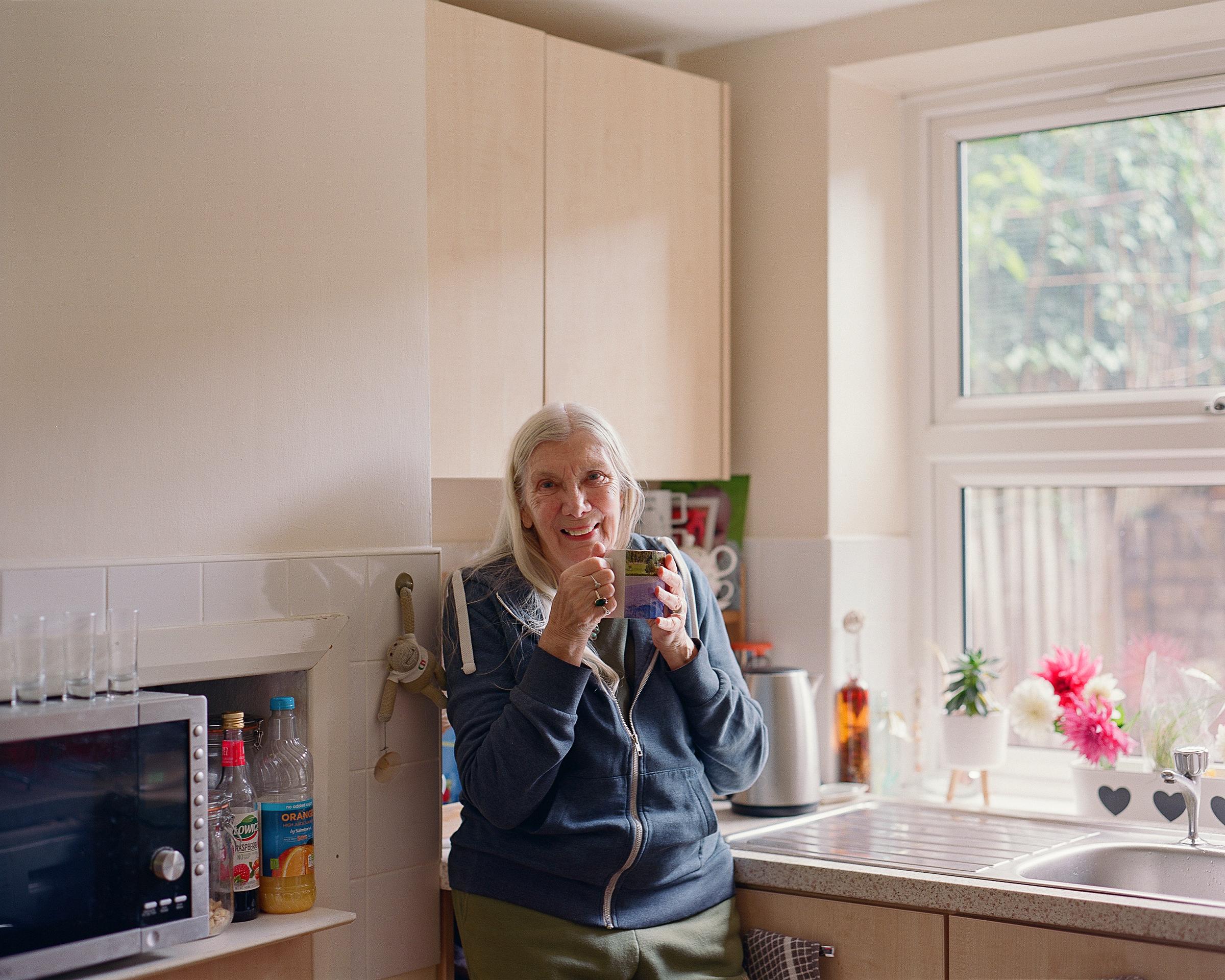Raising Local Housing Allowance alone won't stop poverty rising
The recent welcome, but limited, measures will not move the dial enough to ensure people have a decent, secure home, or ensure that work pays, says Iain Porter.
We all want to live in a society where everyone has a decent, secure home. It’s just not right that so many families feel anxious about whether they’ll be able to afford a rent increase or another property if they’re forced to move. In this quote from a recent JRF report, a tenant in the private rented sector captures this constant, draining uncertainty:
I'm one rent review away, one complaint away from being homeless. It's as simple as that… it's exactly how it feels. It can't be felt any other way; that's the situation and I feel terribly, terribly vulnerable, I really do … Absolutely, the overriding threat that hangs dark over my head; I wake up with it every day, I go to sleep with it every night. There's no getting away from it; I'm that far away from my whole world being turned upside-down.
Although the Government has signalled a new sense of purpose to tackle these issues, bolder action is needed to address the underlying drivers of homelessness and poverty.
Local Housing Allowance (LHA) will start rising again
The new Government has taken three clear steps so far to start turning the tide of poverty, all set to kick in this April. Firstly, there will be a big rise in the minimum wage. Secondly, the national insurance threshold will rise, so people can earn more before starting to pay it.
Then on Monday, the Government announced that support for low-income families renting from private landlords will finally start rising again, having been frozen for the last four years. In April, Local Housing Allowance (LHA) will be increased in line with inflation (1.7%), which mirrors the pre-election commitment to unfreeze other benefits.
This is a welcome new direction. The LHA decision is important for a Government that has said it wants to reduce living costs, make life easier for working families and tackle homelessness.
High housing costs undermine efforts to support working families
High housing costs have been a potent force sweeping people into poverty despite record employment. Almost all the recent increase in child poverty has been among working families, as they’ve increasingly been forced into the expensive private rented sector.
At the same time, the social security system - which should act as an anchor against these currents - has weakened. LHA used to rise in line with local rents but this link was broken in 2013, before being frozen altogether from 2016.
Crisis and the Chartered Institute of Housing recently found that over 90% of areas in Great Britain are unaffordable to people supported by LHA. Many families have been unable to cover their rent, being forced into rent arrears, debt or cutting back on other essentials. Most councils cite the LHA freeze as contributing to rising homelessness.
These currents undermine the Government’s efforts to deliver on its priorities. Most of the gains from the higher minimum wage and cuts to national insurance will be consumed by high rents and steep withdrawal of benefits – as this illustrative example shows:
Alison, Ben and their two children (not real people)
Alison and Ben have two children: Rob aged three and Isabelle aged eight. They rent a two-bedroom house in the York area. Both earn minimum wage, Ben working full time (35 hours) and Alison part time (16 hours) to care for the children. Assuming their property is at the cheapest third of market rents, their LHA will be £20.26 short of their weekly rent.
April’s minimum wage rise will mean the family’s combined wages go up by £26 per week. But tax, national insurance and withdrawal of Universal Credit will leave only £7.51 of this in their pocket. The LHA rise is worth another £2.10 per week. So even after these changes, Alison and Ben still face a rent shortfall of £10.65 every week. That’s £555 a year, equivalent to around three months of food shopping for a low-income family.
Government must tackle the underlying drivers to deliver its promises
If the Government is to credibly deliver on its promises, it must tackle the big underlying drivers. The recent welcome, but limited, measures will not move the dial enough to ensure people have a decent, secure home, or ensure that work pays.
The upcoming Budget is a big moment for the new Government and it must use it to build on these measures. It needs to start delivering the increase in supply of truly affordable homes that we need over the longer term, including greater investment in social housing.
Families also need a social security system that holds them steady until high housing costs abate. The next step on LHA should be to relink it to the bottom third of local rents to help families overwhelmed by the growing gap between rents and housing support.

This comment is part of the housing topic.
Find out more about our work in this area.
